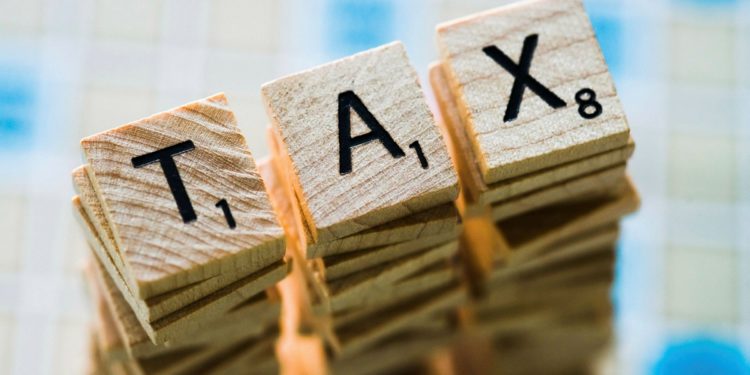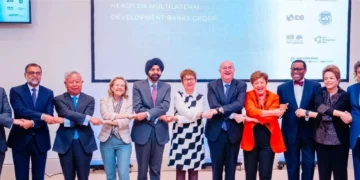9 out of 13 tax measures in 2022 budget implemented – PwC
Accounting and auditing firm, PricewaterhouseCoopers [PwC], in its assessment of the 2022 mid-year budget review, has said nine out of the 13 tax measures captured in the 2022 budget have been implemented by government.
According to PwC, the nine implemented tax measures include the reduction in the withholding tax rate for the purchase of unprocessed gold from small-scale gold miners from 3% to 1.5%; restriction of the VAT flat rate scheme to small retailers only, increase in the turnover limit for the Modified Taxation System from GHS 200,000 to GHS 500,000 and extension of the zero-rating of locally manufactured textiles.
The rest are the introduction of the Electronic Transaction levy; review of benchmark (discount) policy for imported vehicles and selected general goods; passage of the Tax Exemptions Bill into law, automatic review of government’s Fees and Charges, and taxation of High Net Worth individuals.
Those that are yet to be implemented are the establishment of the African Continental Free Trade Agreement (AfCFTA) Customs Procedures Code (CPC); increased sensitisation of the ECOWAS Common External Tariff (CET); intensification of Revenue Assurance and Compliance Enforcement (RACE) initiative and the implementation of a common platform for the administration of property rate.
In the 2022 Mid-Year Budget Review, the government proposed to extend the Penalty and Interest Waiver regime which expired on June 30, 2022 to December 2022.
In its assessment, PwC asserts the extension of the Penalty and Interest Waiver regime, is expected to lessen the burden on taxpayers and improve voluntary compliance to increase government revenues.
“We however recommend that government considers extending the scope of the amnesty to cover the 2021 year of assessment since this will facilitate the prompt resolution of tax disputes and appoint the members of the Independent Tax Appeals Board since this will achieve a better channel to resolve tax disputes rather than periodic extensions of tax amnesty which may have the effect of supporting non-compliance if implemented over an extended period of time,” PwC said.
To raise additional revenue, government also reviewed the various laws relating to the taxation of e-commerce, betting and gaming, to align with current trends.
The results of the review it said, should provide increased certainty to relevant taxpayers and increased revenues to Government provided that the views of key stakeholders have been incorporated in the reviews.
“Considering the delays in implementing key laws such as the VAT Act for the taxation of e-commerce, betting and gaming, we welcome the reviews to align the taxation of those sectors with current trends,” added PwC.








